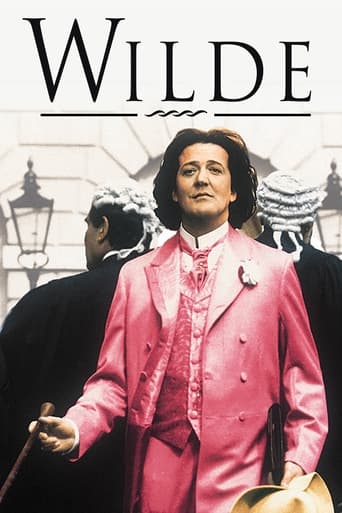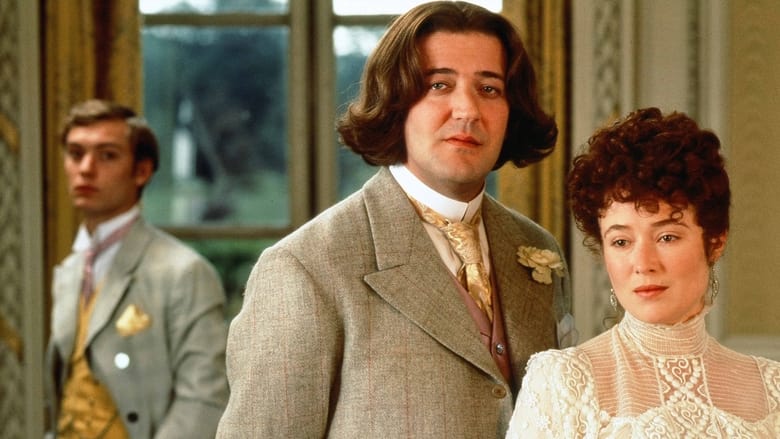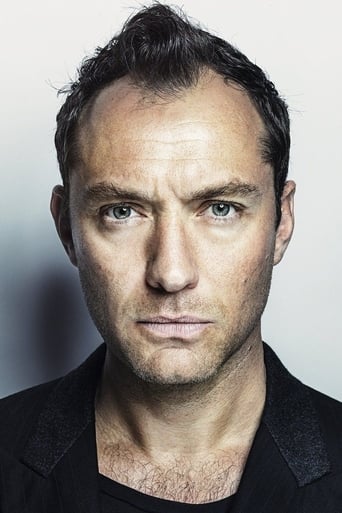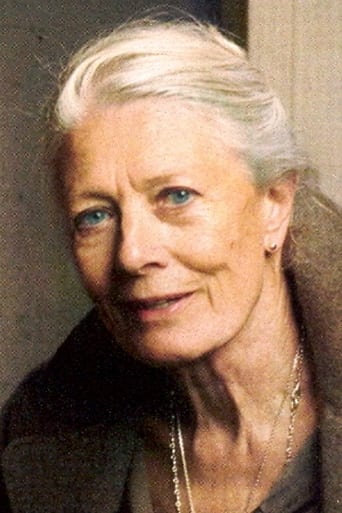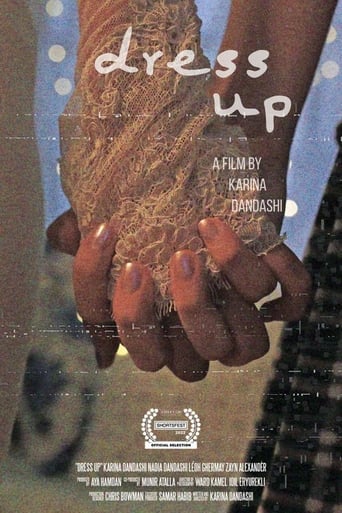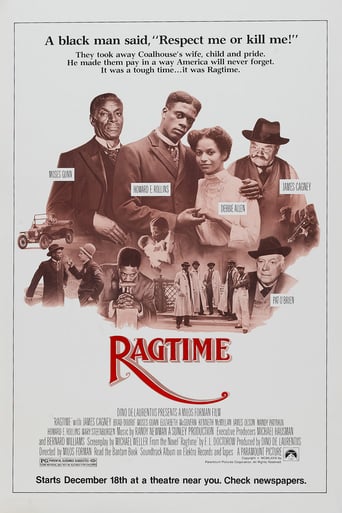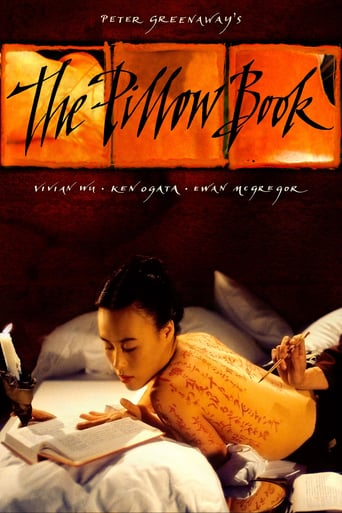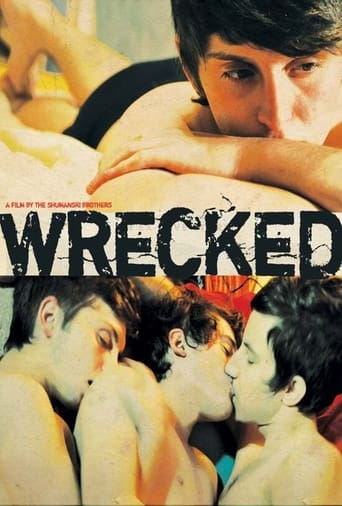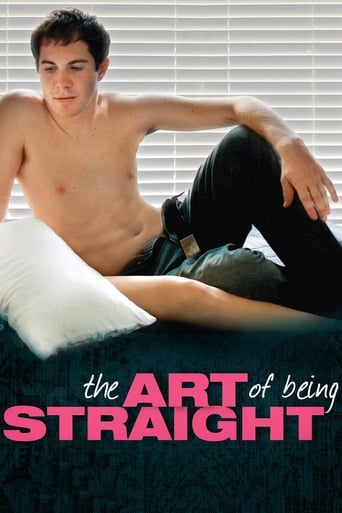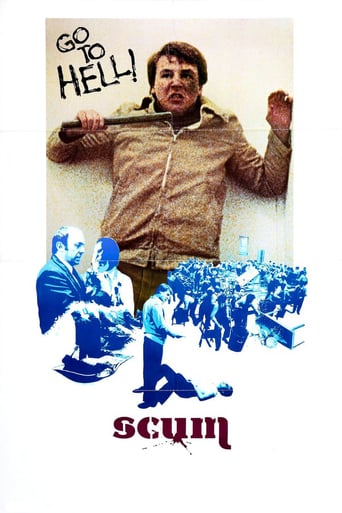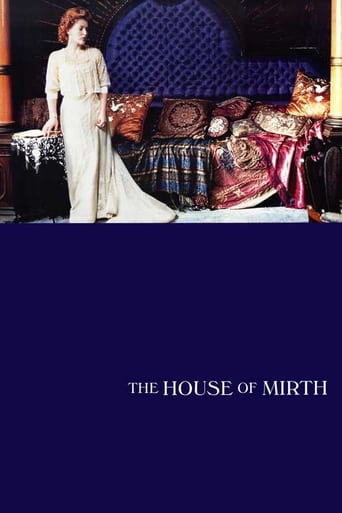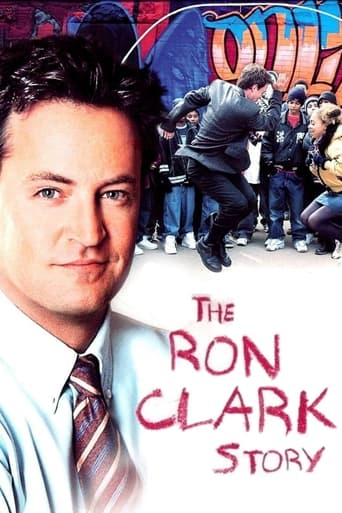Wilde (1997)
The story of Oscar Wilde, genius, poet, playwright and the First Modern Man. The self-realisation of his homosexuality caused Wilde enormous torment as he juggled marriage, fatherhood and responsibility with his obsessive love for Lord Alfred Douglas.
Watch Trailer
Cast


Similar titles
Reviews
Great Film overall
The performances transcend the film's tropes, grounding it in characters that feel more complete than this subgenre often produces.
The movie's neither hopeful in contrived ways, nor hopeless in different contrived ways. Somehow it manages to be wonderful
This is a dark and sometimes deeply uncomfortable drama
As often can be said about films, it of course is dramatized. This of course doesn't mean it doesn't serve well for what it is made for. It is a quite good film, I'd say, about Wilde's highs and depths. I do have to say that I am not fully pleased with their portrayal of Wilde. I think they have wanted too much to make him sympathetic and make him a victim of his age. I am one of the people who doesn't really see him as a victim though, so it can be me. Besides that I have to say that I think this portrayal of Wilde makes him less interesting by making him less eccentric and too innocent. I did like Jude Law's portrayal of Bosie and Sheen's of Robbie Ross, though I don't know how accurate those are,but as it is a film, that doesn't matter. I do have to say that I'm better at picking the points I thought could be better from something,so I probably don't think as badly about this films as it might look to you. I think I'd mostly recommend it to people who are low key interested in the life of Oscar Wilde. It definitely lets you know more about him and the film is quite good, but if you ain't really interested, it probably won't be worth watching.
I finished the Ellmann biography some days ago, and I acknowledge I am still in a state of shock - the rise and fall of the Roman Empire would not have that much of an interest for me, probably, for, having the life of a man thriving in paradoxes that still invites the most scrutinizing of speculations, I feel that having escaped the most classical, straightforward wondering of what he was REALLY after, we still but skim the surface. How much paradox does one man need? Perhaps his Irishry, or just plainly his conviction that the social being of our lives is as much one can hope and cope for, in order to outplay the paradoxes that constitute us, or is simply undifferentiated from what we "inwardly" are, is a grim intuition undifferentiated from its enactment.That said, it was the biography that compelled me to see again the film. It was in an art-nouveau cinema in Paris that I first saw it, the time of its release, and that was good, it was nice the way the vitreaux rhymed with Beardsley's engravings in the beginning! -and with one's youth. I was cherishing the display of paradoxes from one of my idols. Yet, being young, the whole effect of the film was somewhat depressing, for reasons I was too young to fathom.Revisiting the film now, I almost considered it a light-hearted experience, after the detailed ordeal of the book. Fry stroke a resemblance welcome and somewhat haunting, yet I found him a bit lacking polemical drive: his voice was a bit too passive here and there in order to fully convey the eccentricity of his genius.Maybe it is that the film was too focused on the Bosie part of the story, leaving out of the story, as one finds out, that the outcome was more complex that the film lets it be. For example, his marvelous quip "My dear Sphinx, how wonderful of you to know what hat to wear in the morning you're meeting a friend that has been away," after his being just released from prison, was not spelled outside the prison, but when he had gone to her family house. This I find crucial, for he was waiting for some time to be received, and then when they finally lodged him - he was homeless - he stayed in the room of her son, with toys scattered around. "Would you like the toys to be removed?" she had asked him, and for the first time perhaps his response was - literally - without wit, he answered just "No, leave it as it is." I found that detail staggering: imagine the Giant (and I consider this a detail the film should have exploited since it relies so much on parallels drawn from his bedtime stories, to call them that) lying destitute in a child's room.There are many such details transposed to a more dramatic handling for the sake of being narrated in the space of less than two hours in a film, as a great part of what actually passes between letters could not but turn into dialogue, even if the part after his release, which was really sordid, till his complete downfall, is omitted, for love's slow-motion, fading images. Here one should turn and thank the actors for they have imagined their characters justly, even if in accordance to an adaptation (that some times has a television quality). This is going to be for some time the definite film for his life, perhaps graciously leaving out the more complex, human stuff, demonstrated in an exhausting inclusion out of the picture as his last days in Paris witness, even if this is what makes his life exemplary in more than one way ("I am fighting a duel to death with my wallpaper, and one of us has to go" was one of his last witticisms). I wouldn't want a film to dwell too much on what binds together an intuition from its enactment, would you?
In 1997 Stephen Fry was enjoying an unprecedented surge of sympathy and reverence from the British public. Only two years previously he had abandoned a West End play after only three nights and fled abroad. The fuss that his episode created effectively ignited the conscience of the British people who, given the choice of vilifying a performer for acting (apparently) unprofessionally or sympathising with an overburdened national treasure chose the latter.This is an important story in relation to Wilde, released only two years later. Oscar Wilde was a character not only of similar physical attributes, intellect and sexuality as Fry but also with the same standing in relation to society (and specifically London society = the media). However, for all his popularity, Wilde's pecadilloes ultimately brought him public opprobrium and he fell foul of the law. Fry however rediscovered his confidence to assume a more exalted mantle in the estimation of the British public following Cell Mates-gate.This film is Fry riding that public affection - and failing to really return to love, frankly. Wilde is a more of a document than a drama, despite super turns from Jude Law as Bosie Douglas and Jennifer Ehle as Wilde's wife. It's a competent film but it doesn't touch me at all. Most strangely perhaps is that the film fudges an assessment of Wilde's standing in retrospect: neither the document nor the drama come down in judgement either way on the man or the life. Given the personal affection of Fry for Wilde it's all very odd. 4/10
The mid-life years of (now genteel) decadent behavior by one of late Victorian England's celebrities, the Irish-born novelist-poet-playwright Oscar Wills Wilde (1854–1900). Director Brian Gilbert doesn't bandy about giving us the childhood torments of a literary genius; instead, he and screenwriter Julian Mitchell delve right into the more prominent chapters of Wilde's life, his marriage to a woman--producing two children--before realizing his homosexual desires, leading to some promiscuous indiscretions before finding love with churlish, childish poet Lord Alfred Douglas. Stephen Fry gives a masterful performance as Wilde, and the portrait allows for many shadings (this isn't a plea for the misunderstood gay artist, as Wilde himself is shown to be occasionally fickle, lusting, and selfish). Jude Law is equally good as ornery, demanding lover 'Bosie', whose tyrannical father brought about a court-case and two-year jail term for Wilde (covered previously in 1960's "The Man with the Green Carnation"), contributing to his early demise. A provoking, insightful, eloquent film--not at all stuffy or coy--which is due in large part to Gilbert's dexterous way with his actors and a keen sense of pacing and audience-involvement. *** from ****

